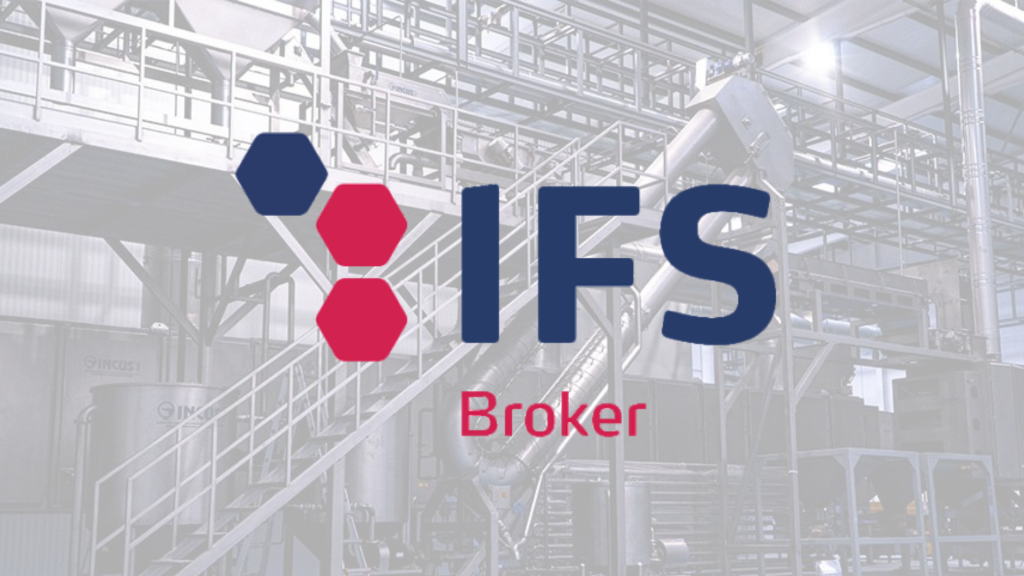
In a market where food safety is a major concern, obtaining a recognized certification such as IFS Food has become a strategic issue for companies in the agri-food sector. This demanding but beneficial process helps to strengthen the trust of partners and consumers while improving internal practices. Find out why this certification is important, how to prepare for it, and how tools like Tracklab ( www.tracklab.co ) can simplify the process.
IFS Food (International Featured Standard Food) certification is an international food safety and quality standard. It is particularly suitable for companies involved in the processing or packaging of food products.
Obtaining IFS Food certification requires rigorous and methodical preparation. Here are the main steps to follow:
The company should start with a thorough analysis of the IFS Food Standard criteria. This involves understanding the safety, quality and traceability requirements.
An internal audit helps identify gaps between the company's current practices and the requirements of the standard. This step is crucial for establishing an action plan.
Once the deviations have been identified, it is necessary to implement corrective actions:
The company uses an accredited certification body for an external audit. This assesses whether the company meets the requirements of the IFS Food standard. If successful, the certification is issued for a period of 12 months.
Certification must be renewed annually through follow-up audits. This involves maintaining continuous compliance throughout the year.
Passing the IFS Food certification represents an investment, which varies according to several factors:
On average, the total budget to obtain IFS Food certification can vary between 20,000 and 50,000 euros.
Tracklab ( www.tracklab.co ) is a platform designed to support companies in managing their compliance with standards such as IFS Food.
Obtaining IFS Food certification is an essential step for agri-food companies wishing to stand out in a competitive market and meet the growing expectations of consumers and partners.
While the process can be demanding, it is a strategic investment, both in terms of risk management and business opportunities. Tools like Tracklab make managing this certification much easier, allowing companies to focus on their core business while ensuring ongoing compliance.


